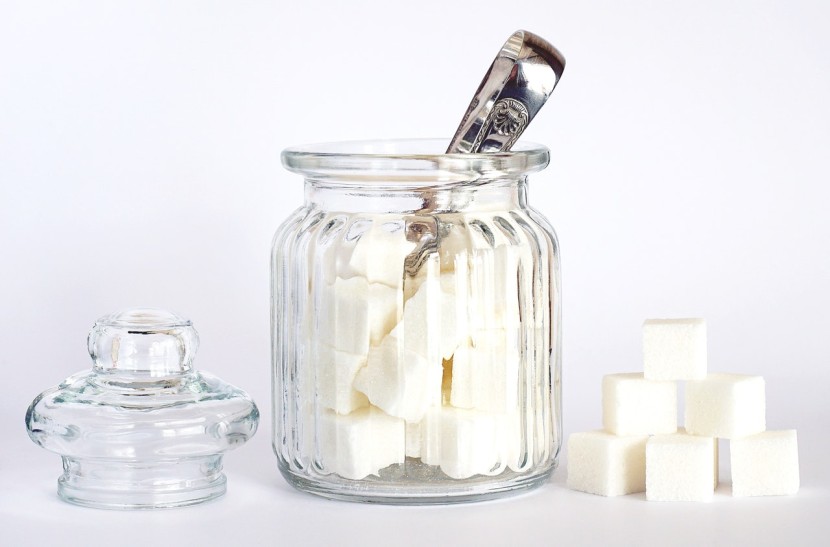
A new study has suggested that the consumption of artificial sweeteners could increase the risk for an individual to develop cancer later on in their lives on top of other illnesses such as obesity, Type 2 Diabetes, and cardiovascular disease.
Cyclamate, an artificial sweetener that was sold in the United States in the 1970s, was found to increase the chances of bladder cancer in rats. However, since the physiology between humans and rats is vastly different, observational studies were unable to correlate the sweetener and risk of cancer in people.
Artificial Sweeteners and Cancer Risk
Despite the lack of verified data, media outlets continued to report the link between sweeteners and cancer. But a new study published in PLOS Medicine analyzed a sample of more than 100,000 people and found that people who consume high levels of some sweeteners have a slightly increased risk of developing certain types of cancer.
The researchers leading the study asked the participants to keep a food diary so that they could assess their intake of artificial sweeteners. Roughly half of the subjects were observed and monitored for more than eight years, as per The Conversation.
The results suggest that two sweeteners, in particular, aspartame and acesulfame K, were associated with higher cancer risk, especially breast and obesity-related cancers, including colorectal, stomach, and prostate cancers. The data suggest that avoiding some types of sweeteners can reduce the chances of illness.
Read Also: Pfizer Recalls Blood Pressure Drug Over Potential Cancer Risk: Everything You Need to Know
The research director at the French National Institute of Health and Medical Research (INSERM), Dr. Mathilde Touvier, who is also the senior author of the study, said that there have been previous observations about the links between cancer risk and artificially sweetened beverages.
According to Technology Networks, the medical expert said that older studies lacked human data, noting there was no epidemiological study so far that has quantified the total exposure to artificial sweeteners and their association with cancer risk. The observation required participants to provide 24-hour dietary records to show their consumption of artificial sweeteners.
No Implication of Causation
Furthermore, a biomedical scientist at Britain's Aston University, James Brown, said that the study of the relationship between artificial sweeteners and cancer risk was "reasonably well-designed" and used an impressive sample size. However, he added that he believed that the current study did not provide strong enough evidence for Britain's National Health Service to change its advice just yet.
Additionally, Michael Jones from The Institute of Cancer Research, London, said that the alleged link between artificial sweetener consumption and cancer risk discussed in the study did not imply causation. He said that it was not proof that the substances were the reasons the individuals developed cancer.
Jones suggested that "cancer risk may be raised in the type of person who uses artificial sweetener rather than the sweetener itself." The findings released on Thursday also do not mean that customers should panic and go back to consuming sugary drinks since they are also linked to a 2019 NutriNet-Sante study linking them to other cancer types.
Additionally, Brown said that not all sweeteners were the same, arguing that some, such as stevia, provided health benefits. He added that artificial sweeteners are "still likely a useful tool that can help reduce weight gain when replacing sugar," France24 reported.
Related Article: RNA Replication as Missing Puzzle Piece To Evolution Giving Answers to the Beginnings of Life
© 2025 HNGN, All rights reserved. Do not reproduce without permission.








